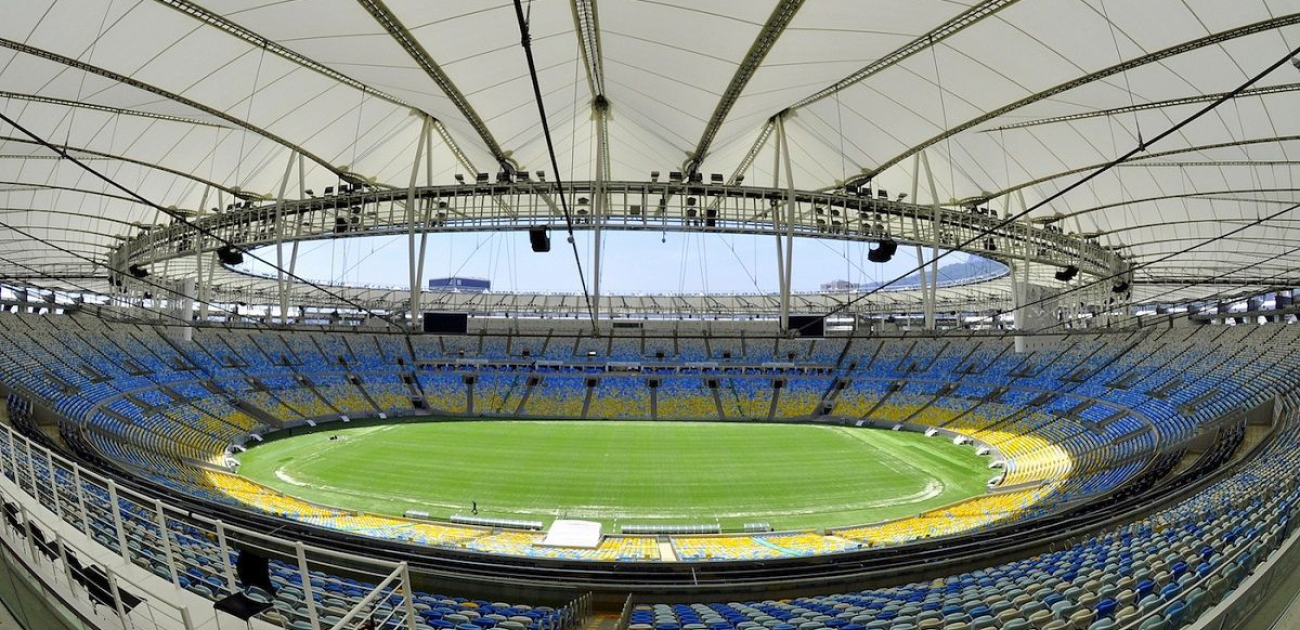Overhauling the Regulatory Framework for the Soccer Company in Brazil
Brazil charms the world with its way of playing soccer. It is the country that has won most World Cups for a very good reason. Not to mention the many soccer stars who were and still are icons in practically all major leagues in the planet.
According to recent studies, around 44% of the Brazilian population is actively involved in the sport, and 15% of Brazilians have declared themselves soccer practitioners.
The Brazilian soccer industry is estimated at US$ 16 billion per year and, in 2016 alone, 20% of Brazilians acquired at least one official soccer item at an average price of US$ 50.00.
We are talking here about more than 208 million inhabitants and the 9th economy in the world. Do the math.
Despite having a huge market potential, a highly engaged population, a massive production of talents and all other incentives, Brazilian soccer clubs have been unable so far to reach the top tier of world soccer.
There is not even one Brazilian representative among the clubs that generated more revenue in 2016, as shown in the Deloitte annual study (“Deloitte Football Money League”). To get a glimpse of all this, data for the first half of 2017 showed that the 24 major Brazilian soccer clubs had together a debt of R$ 6.4 billion.
Therefore, this is a structural problem.
While the world in general has stridden towards a more organized scenario for soccer activity, the Brazilian regulatory framework remains stuck in the past.
Based on an archaic model of civil associations (non-profit legal entities), Brazilian teams distanced themselves from the major funding sources. After all, the market usually demands structures that offer greater investment security and potential returns, which is in sheer conflict with the associative form by which all major Brazilian clubs are organized today.
An adequate channel for market funding is thus lacking.
Any economic activity depends on funding. And soccer – aside the cultural elements involved – is undoubtedly an economic activity – and profitable at that.
By adopting a more business-oriented model, counting no better organizational and management techniques and focusing on the best corporate governance practices, clubs (or companies) such as Bayern of Munich and Juventus have reinvented themselves and revolutionized the way of thinking the soccer business industry.
Relying on the separation of club from company – the latter being understood as the organization of economic activity for production or circulation of goods or services –, professionalization of soccer management is an indispensable measure for the survival and development of soccer entities. And this is only possible by creating structures which are suitable for such purpose.
These are the purposes of Bill No. 5,082 of 2016 (PL 5,082 of 2016), currently being considered by the House of Representatives. The bill was devised and co-sponsored by Rodrigo Monteiro de Castro, founding partner of r. monteiro de castro advogados.
PL 5,082 of 2016 proposes the creation of a new entity, the Soccer Joint-stock Company (Sociedade Anônima do Futebol - SAF): a special model capable of encompassing not only the needs of Brazilian clubs but, above all, the traits and cultural elements that distinguish soccer from other economic activities.
The purpose of this bill is to enable the development of soccer entities through a structure that allows for the implementation of control and transparency mechanisms, operating as a bridge to finally connect funding sources to Brazilian soccer teams.
Unlike other legislative measures enacted in the past, such as Law No. 9,615 of 1998 (the Pelé Law), PL 5,082 of 2016 seeks to adapt corporate forms to the soccer reality by creating a specific model, synthetized in the SAF.
PL 5,082 of 2016 also grants other incentives to those willing to adopt this new model, such as (i) the creation of market fund-raising instruments, also by debenture issue, and (ii) the creation of a special transient tax regime for soccer clubs which choose to become SAFs.
Do you want more information?
 Rodrigo Monteiro de Castro
Rodrigo Monteiro de CastroRodrigo Monteiro de Castro is specialized in corporate and business laws, corporate transactions (M&A), capital markets and contracts.

